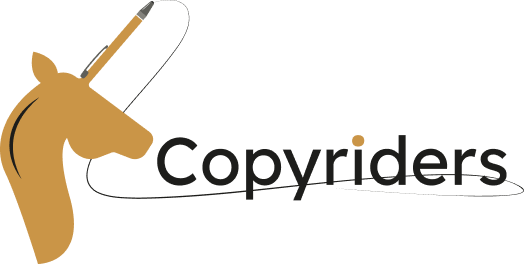The extraordinary influence of words is a marvel that few people truly appreciate. Words carry weight in their denotations and the rich tapestry of their connotations, cultural echoes, and emotional undertones.
The uproar caused by concepts such as “hygge” and “minimalism” on platforms like social media is a testament to this. Hygge, a term stemming from Denmark, encompasses a feeling of coziness, camaraderie, and wellness. Conversely, minimalism, a concept deeply rooted in Asian societies, highlights austerity and mindfulness. Both of these terms mirror a multifaceted blend of cultural nuances, demonstrating the immense might of language.
The arena of copywriting is where this might of language genuinely shines. A carefully curated combination of apt words can spark website traffic, amplify sales, and elevate conversion rates by up to 12.7%, as stated by Optinmonster on “700+ Power Words That Will Boost Your Conversions”. However, the key is to understand that language is fluid and evolving. What works today might become a cliché tomorrow.
Words of influence, or ‘power words’ as they are popularly known, can trigger potent emotional responses in readers. These reactions can range from excitement and curiosity to assurance or even fear. Power words do more than just inform; they evoke emotions, set a particular tone, and leave a deep, enduring impression.
Take, for example, words like “luxurious,” “life-changing,” “awe-inspiring,” “lucrative,” “celebrate,” and “tempting.” These words ignite a spark of enthusiasm and excitement.
In contrast, words such as “shocking,” “scandalous,” “intriguing,” “sneak-peak,” “eye-opening,” and “unexpected” stir up curiosity. They tease readers with the excitement of controversy, hidden revelations, and fresh knowledge, keeping them engrossed.
Reassuring power words like “guilt-free,” “hack,” “step-by-step,” “effortless,” “essential,” “comprehensive,” “fail-proof,” and “join” are effective. These words convey security, offer solutions, imply simplicity, and promote a sense of community, satisfying the basic human yearning for safety and support.
Trust is another pillar of copywriting, directly influencing sales. Words such as “authority,” “bona fide,” “best-selling,” “certified,” “dependable,” “money back,” “well-respected,” and “recession-proof” foster trust and reliability.
While positivity is usually more effective, skillfully invoking fear can also be impactful. Phrases like “warning,” “tragedy,” “fooled,” “mistakes,” “beware,” and “limited” craft a sense of danger and urgency, prompting action.
Command words also play a crucial role in motivating action. Words like “discover,” “kick-start,” “imagine,” “help,” “learn,” “win,” “save,” and “because” empower readers.
However, not all words are made equal. Some, like “best,” “interesting,” “nice,” and “innovative,” are overused and can render your copy unexciting and lackluster.
In short, powerful words can be woven into every aspect of your copy, from headlines to product descriptions, testimonials, email subject lines, and calls to action. Their calculated use can foster a powerful emotional connection with readers, making your copy more compelling and influential. Thus, in copywriting, it’s not just about actions speaking louder than words; it’s about picking the right one.
What is your favorite power word?
Think about it and use it in your next piece of copy.

